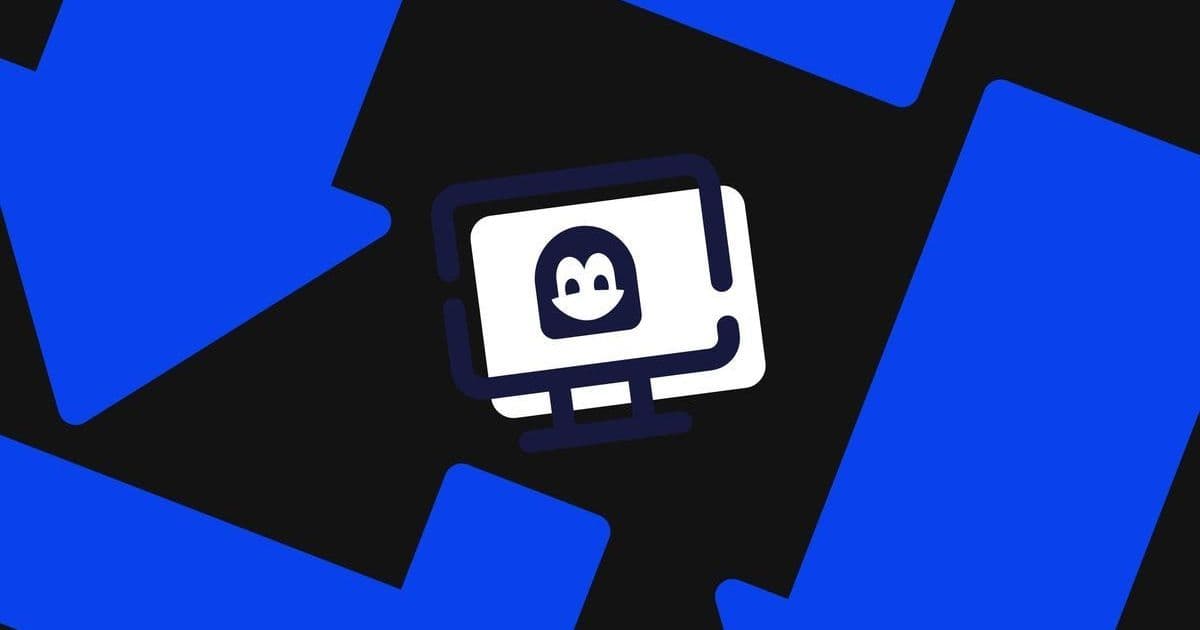Linux's unique approach to software installation requires specialized knowledge to maintain security and stability. This analysis reveals why package managers are non-negotiable, the risks of third-party repositories, and how installation methods impact system integrity. Veteran Linux users share hard-won lessons for avoiding common mistakes.
The Evolution of Linux Software Installation
Remember compiling applications from source in the 90s? Jack Wallen, a Linux user since that era, recalls the dependency nightmares: "You'd build an app with make, hit missing dependencies, then chase their dependencies—a rabbit hole of frustration." Modern Linux distributions solved this with package managers like apt and dnf, automating dependency resolution and installation. Yet as Wallen notes in ZDNET, this convenience introduces new complexities that differ fundamentally from Windows or macOS workflows.
Why Package Managers Are Non-Negotiable
1. Centralized Updates Prevent Vulnerabilities
Package managers track installed software and automate updates—a critical security feature. When vulnerabilities emerge (like the recent xz utils backdoor), your system patches itself. Manual installations bypass this safeguard:
# Safe method
sudo apt update && sudo apt upgrade
# Risky method
./configure && make && sudo make install
"Updates contain security patches that prevent unwanted intrusions," Wallen emphasizes. Without automated updates, you're left manually tracking versions—an unsustainable risk.
2. Vetted Sources Mitigate Supply Chain Risks
Official repositories undergo rigorous vetting. Third-party sources? Not so much. Wallen warns: "Installing from random websites is like sideloading unverified Android APKs." Recent incidents prove this:
Malicious packages (
librewolf-fix-bin,firefox-patch-bin) infiltrated Arch Linux's AUR repository, deploying remote access trojans before removal.
While community repositories offer niche software, Wallen advises extreme vetting: "Always verify repository credibility before adding them to your sources."
3. Clean Uninstalls Preserve System Stability
Package managers maintain a "bill of materials" for every application. Removing software via apt remove or dnf erase also eliminates orphaned dependencies. Manual installs? They scatter files across /usr/local, /opt, and home directories. Tracking these down is error-prone; removing wrong files can cripple your OS.
4. Dependency Hell Still Lurks—Just Differently
While package managers resolve known dependencies, Wallen observes new risks: conflicting third-party repositories. Mixing PPAs (Ubuntu) or COPRs (Fedora) can introduce incompatible library versions. His solution? "Minimize external repos. When essential, isolate them using containers like Flatpak."
Beyond Convenience: A Security Imperative
Linux's flexibility is a double-edged sword. Package managers aren't just tools—they're guardians of system integrity. As Wallen concludes: "Install applications correctly, and Linux runs smoothly for years. Cut corners, and you invite instability and breaches." For enterprises, this underscores why curated repositories and Software Bill of Materials (SBOM) validation are now essential to DevSecOps pipelines. The stakes transcend individual convenience—they're foundational to open-source trust.
Source: ZDNET, July 2025

Comments
Please log in or register to join the discussion